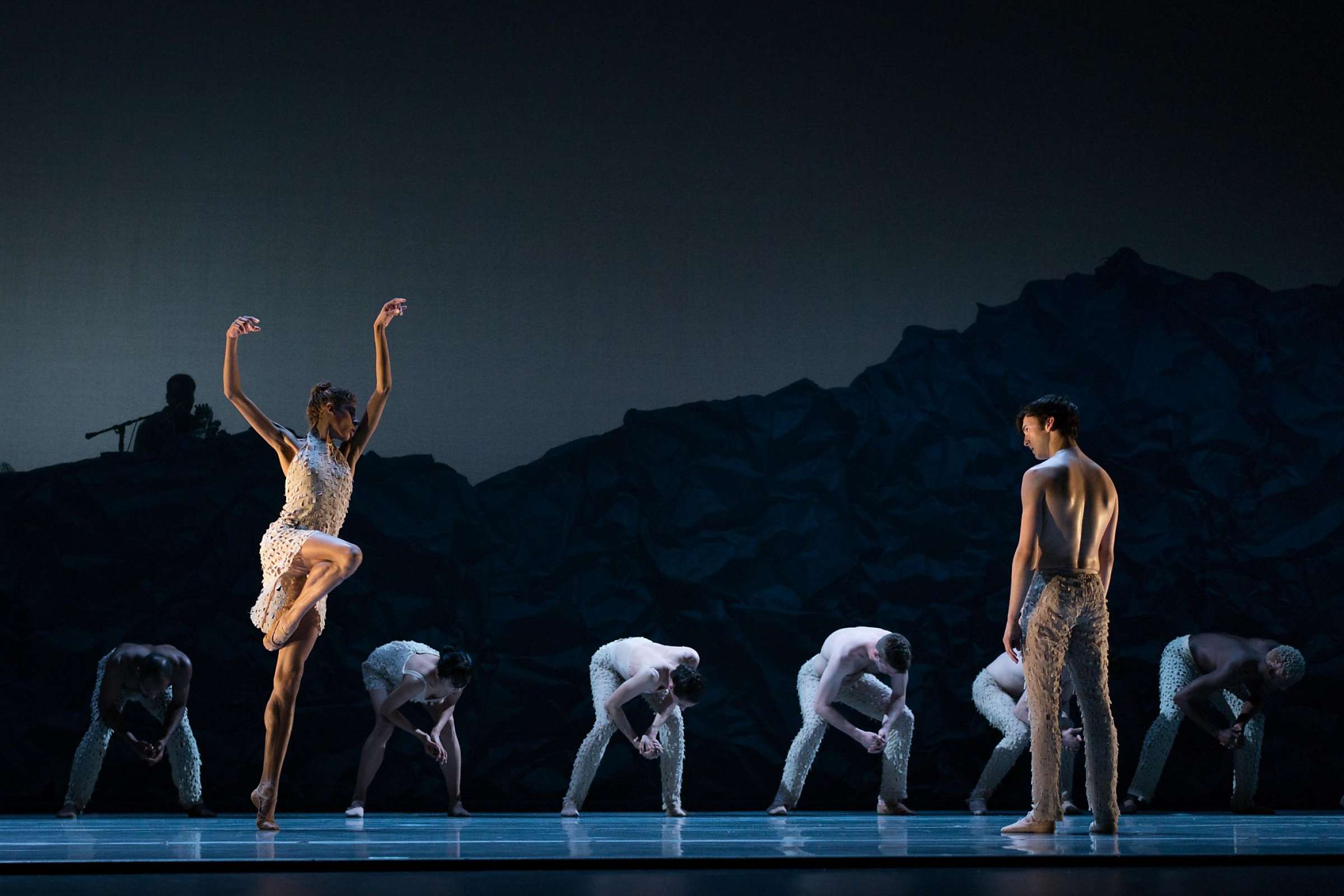
“We are at our most inventive when we are falling.” This lesson from Liz Lerman, a choreographer and one of Yerba Buena Center for the Arts’ senior fellows, has stuck with me over this past year.
Artists and the cultural sector have fallen harder in the past year than we could have ever imagined. The impacts of the pandemic on the sector are clear. Philanthropy at North American arts organizations declined by 14% from January to October 2020. Across the U.S., nearly 40% of all nonprofits are at risk of closing permanently. An estimated 2.7 million jobs have been lost in the creative industries nationwide.
Yet this state of falling reveals critical opportunities for the arts and invites innovation that will reshape both the cultural sector and our country’s future. The events of the past year, and the shocking insurrection that took place at the Capitol on Jan. 6, have reinforced the value of art in our society. We have always known that art can be a source of peace, solace and joy in times of struggle. But art also provides the intellectual, economic and emotional healing that will lead our nation forward.
With President Biden and Vice President Kamala Harris in office, I encourage them to end Washington’s ambivalence toward the arts and partner with organizations and artists themselves to address the looming creative sector depression and revitalize the nation. Artistic production, which fuels almost $9 billion of our economy, will be nothing short of vital to the country’s overall recovery. As we strive to build back better, it is time for the federal government and our elected leaders to fully realize the previously underestimated and under-resourced power of America’s cultural ecosystem.
It is telling that we still look back at President Franklin Roosevelt’s Works Progress Administration Federal Art Project as the height of collaboration between government and the arts. Its impact resonates to this day through the murals, photographs, literature, folk art and slave narratives that have become a part of America’s cultural fabric. Eight decades on, it is time we set a new standard of public support for the arts that rises to our current challenges.
When California issued its first stay-at-home order, YBCA was overwhelmed by the need for assistance from the artists and the communities we serve. We distributed $175,000 in emergency relief grants. Still, we saw a greater opportunity to partner with our public officials and seize this moment of intense change to reframe how the arts and artists are understood, valued and integrated into our society.
In partnership with San Francisco Mayor London Breed, YBCA launched the San Francisco Creative Corps, putting underemployed artists back to work to deliver COVID-19 safety messages and bring joy and inspiration to communities throughout the city with murals, music, dance, comedy and theatrical interventions. Gov. Gavin Newsom has dedicated $15 million of his statewide budget to expand the program throughout California.
YBCA is also working with the mayor’s office to launch a progressive Guaranteed Income/Universal Basic Income pilot that will put $780,000 into the pockets of BIPOC and LGBTQIA+ artists who have been hit hardest by the crisis. Cities and towns across our nation can replicate programs like the Creative Corps and UBI — it just requires elected officials to invite arts organizations and artists to the policymaking table.
As these and other initiatives confirm, when the people who drive our country’s diverse arts and culture ecosystem are engaged and integrated into policymaking discussions, the benefits are felt across our communities. Therefore, the arts must have a seat at the table when it comes to decisions about social issues, from land use to housing to public safety.
Newsom involved the arts in his state economic recovery task force. Similarly, I encourage the Biden-Harris administration and leaders across the nation to rethink the arts’ importance as they build their broader policy advisory team and overall recovery programs.
Additionally, I urge the new administration to build on critical, bipartisan relief efforts, such as the Save Our Stages Act, to ensure that arts and cultural nonprofits receive emergency stabilization funds as part of future economic relief packages. Failing to provide artists and cultural workers with adequate federal stimulus funding could erase nearly 5% of our country’s GDP and permanently cut millions of jobs.
We know that investing in and integrating the arts drives equitable community development and improves health and well-being in our communities. When effectively championed by federal and state policymakers, the arts will be a powerful tool in the inclusive economic and social recovery that we all wish to see.